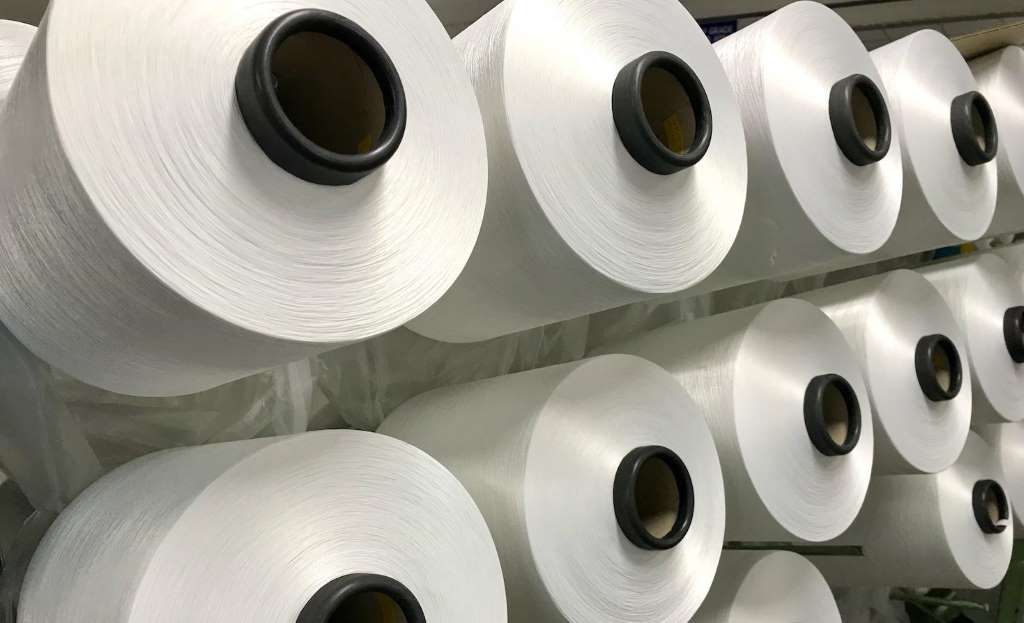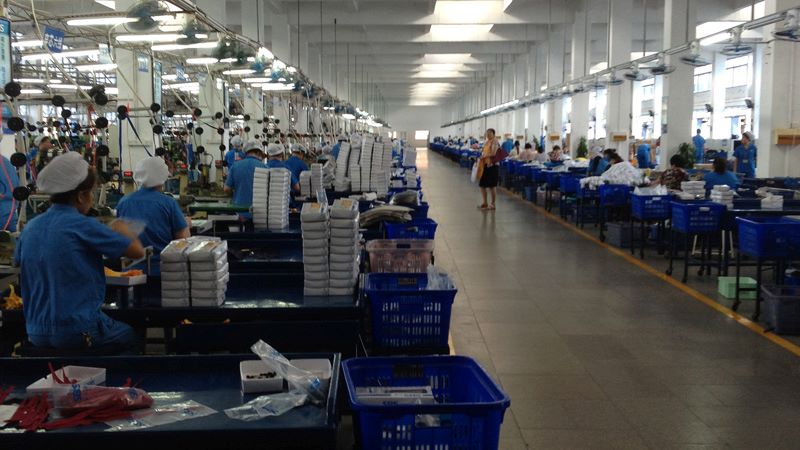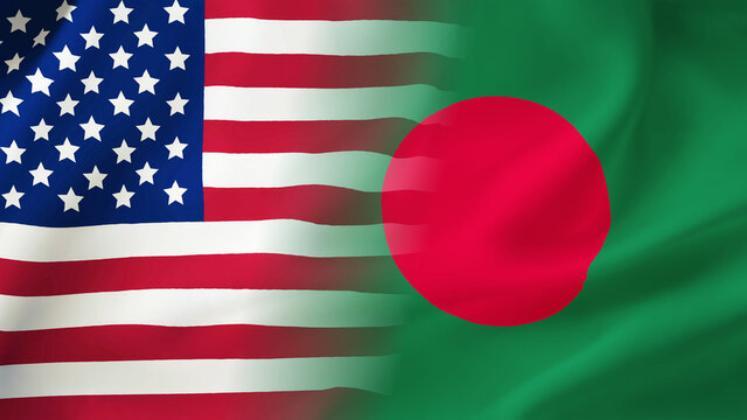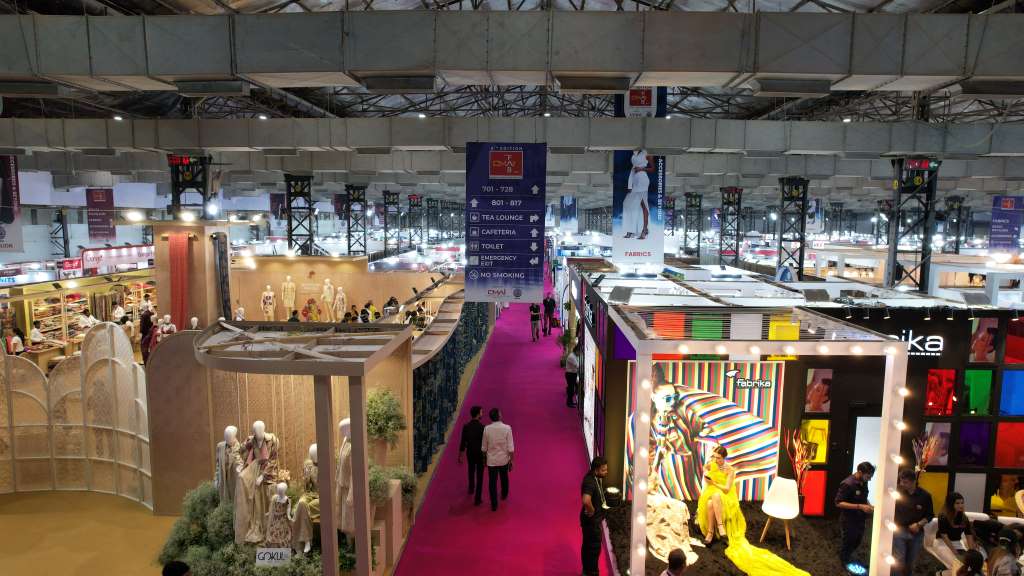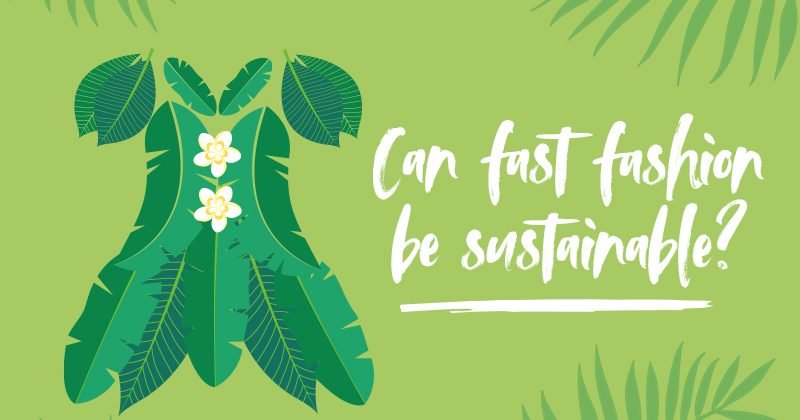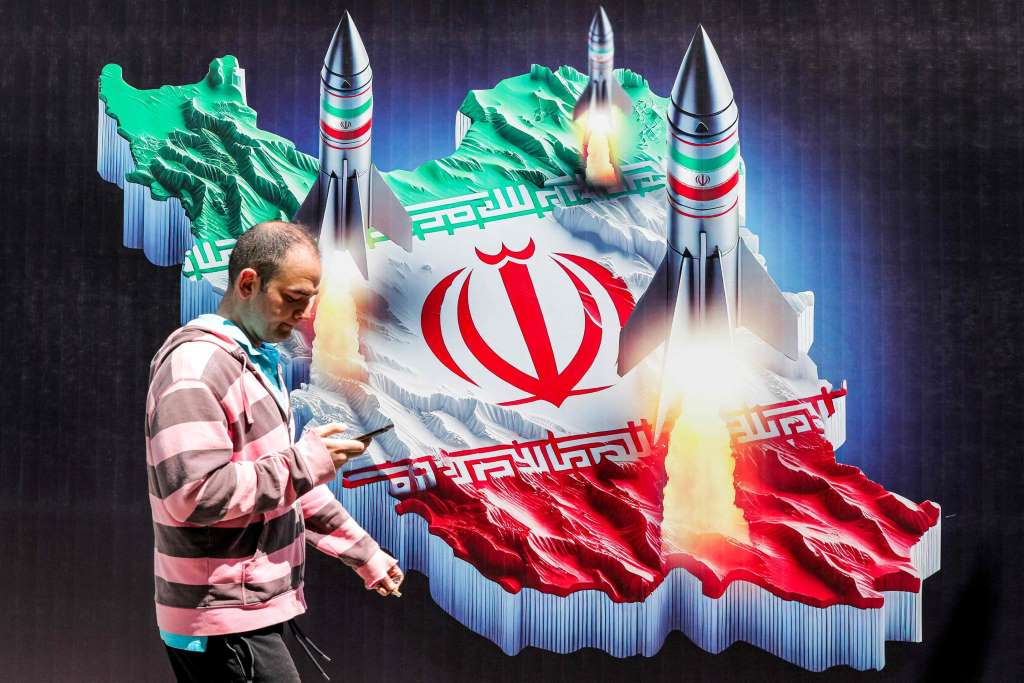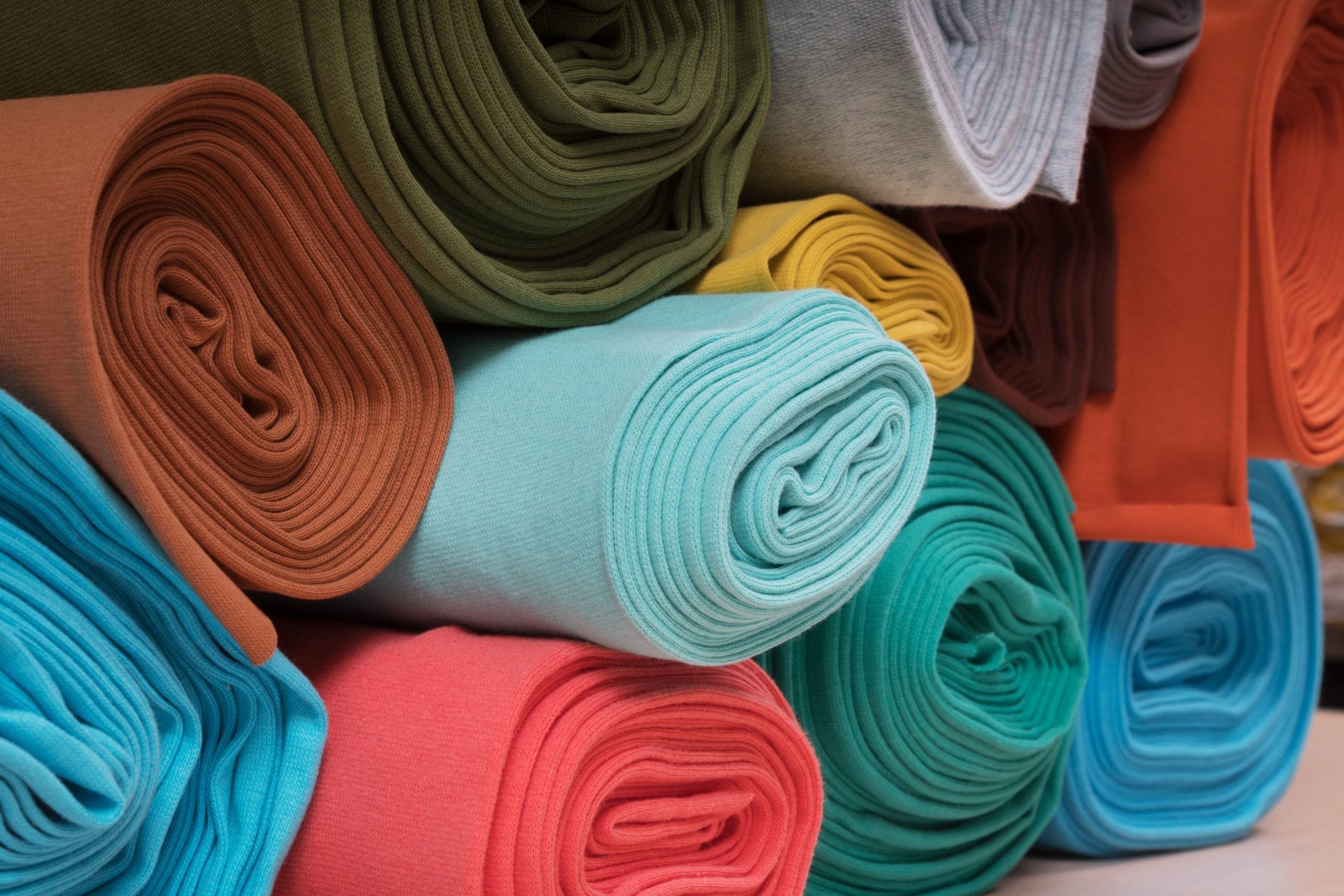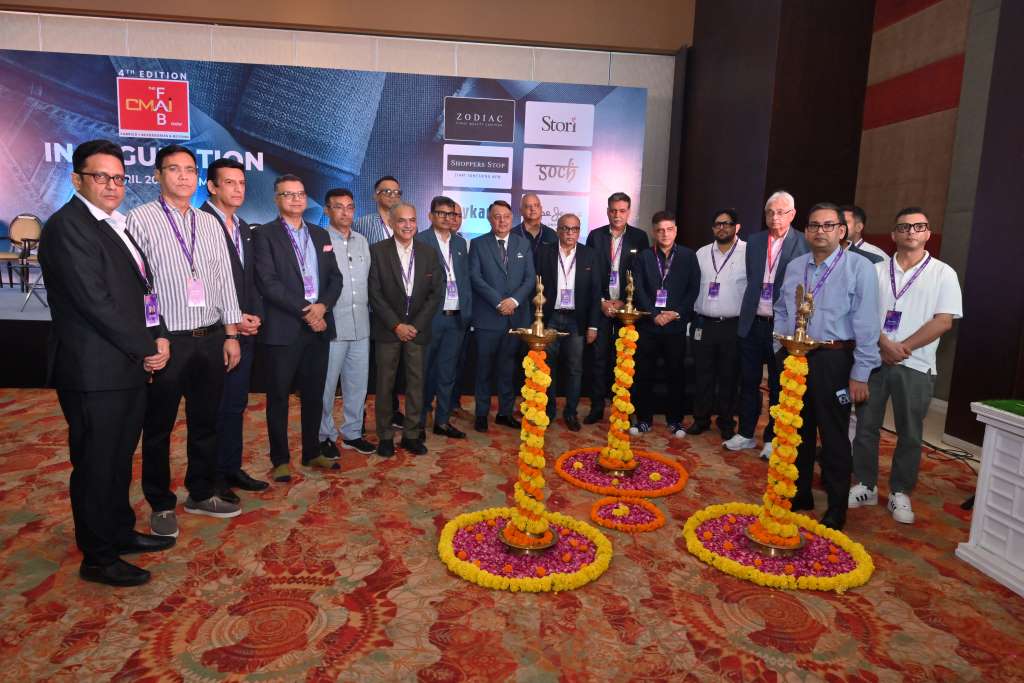"The concept of ‘fast fashion’ has ignited a media frenzy and intense backlash for the wide scale ramifications it has through its supply chain. This phenomenon has occurred over several decades, with the onset and expansion of globalisation. As trade barriers began to soften, major brands had the freedom to jump from one country to the next in pursuit of cheaper labor and materials."
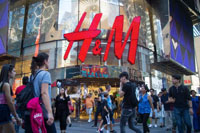 The concept of ‘fast fashion’ has ignited a media frenzy and intense backlash for the wide scale ramifications it has through its supply chain. This phenomenon has occurred over several decades, with the onset and expansion of globalisation. As trade barriers began to soften, major brands had the freedom to jump from one country to the next in pursuit of cheaper labor and materials.
The concept of ‘fast fashion’ has ignited a media frenzy and intense backlash for the wide scale ramifications it has through its supply chain. This phenomenon has occurred over several decades, with the onset and expansion of globalisation. As trade barriers began to soften, major brands had the freedom to jump from one country to the next in pursuit of cheaper labor and materials.
The International Labour Organisation (ILO) estimates there are around 170 million children engaged in child labour worldwide. This is a particular issue in the fashion industry as the majority of the supply chain requires low-skilled labour, with some tasks even considered better suited to children than adults. In cotton picking, for example, employers prefer to hire children for their small fingers, which do not damage the crop.
The fashion industry supply chain is intricately complex and spread vastly across many countries, making it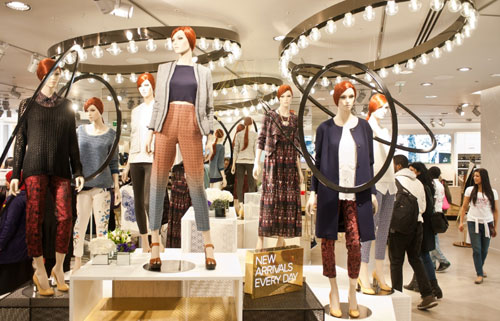 difficult for retailers to control every stage of production. Sadly, this makes it possible for manufacturers to employ children and labourers in immoral conditions without brands and consumers ever finding out or facing adequate consequences.
difficult for retailers to control every stage of production. Sadly, this makes it possible for manufacturers to employ children and labourers in immoral conditions without brands and consumers ever finding out or facing adequate consequences.
Negative impact of fast fashion on the environment
Water pollution, the use of toxic chemicals and increasing textile waste are some of other negative impacts that fast fashion has on the planet. The pressure to produce rising volumes of garments at a reduced cost within tight timeframes leads to manufacturers cutting corners in environmental parameters.
A man-made, energy-intensive synthetic fibre commonly used in fashion, Polyester has sparked major controversy for its artificial makeup of micro-plastics, which easily pass through waterways and end up in our oceans. Since these micro-fibres do not disintegrate, every piece of polyester that has ever been made is still in existence today, contributing to large mountains of textile waste dumped in landfills across the globe. In addition, the dyes and toxic chemical components of other low quality textiles such as nylon and acrylic, as well as genetically-modified cotton, release methane, a harmful greenhouse gas and significant contributor to global warming, into the atmosphere when decomposing.
Brands adopt green initiatives
Many companies are introducing sustainable, ethical and ‘green’ initiatives into their overall retail strategy. Swedish brand H&M is publishing the names and addresses of all its factories in each country on the website. The company has outlined a number of sustainability targets in its annual Sustainability Report.
The brand’s Conscious Exclusive Collection – a range that champions 100 per cent recycled and raw materials – has grown from strength to strength. Its in-store Garment Collecting initiative also encourages customers to hand in unwanted clothing, from any brand and in any condition, all-year round.
Another brand, G-Star RAW, alongwith H&M has signed a Transparency Pledge. The pledge was drawn up by coalition of global unions and labour rights groups advocating for companies in the fashion industry to make information about their manufacturing supply chain accessible to the public. The brand has also incorporated a Fair Wage Project into their supply chain, which continually seeks to ensure workers are paid a living wage.
While cannot change people’s capitalistic conditioning, we can look at sustainability as a catalyst for innovations. Retailers can embrace responsible and ethical sourcing initiatives by utilising technology for their production processes.

